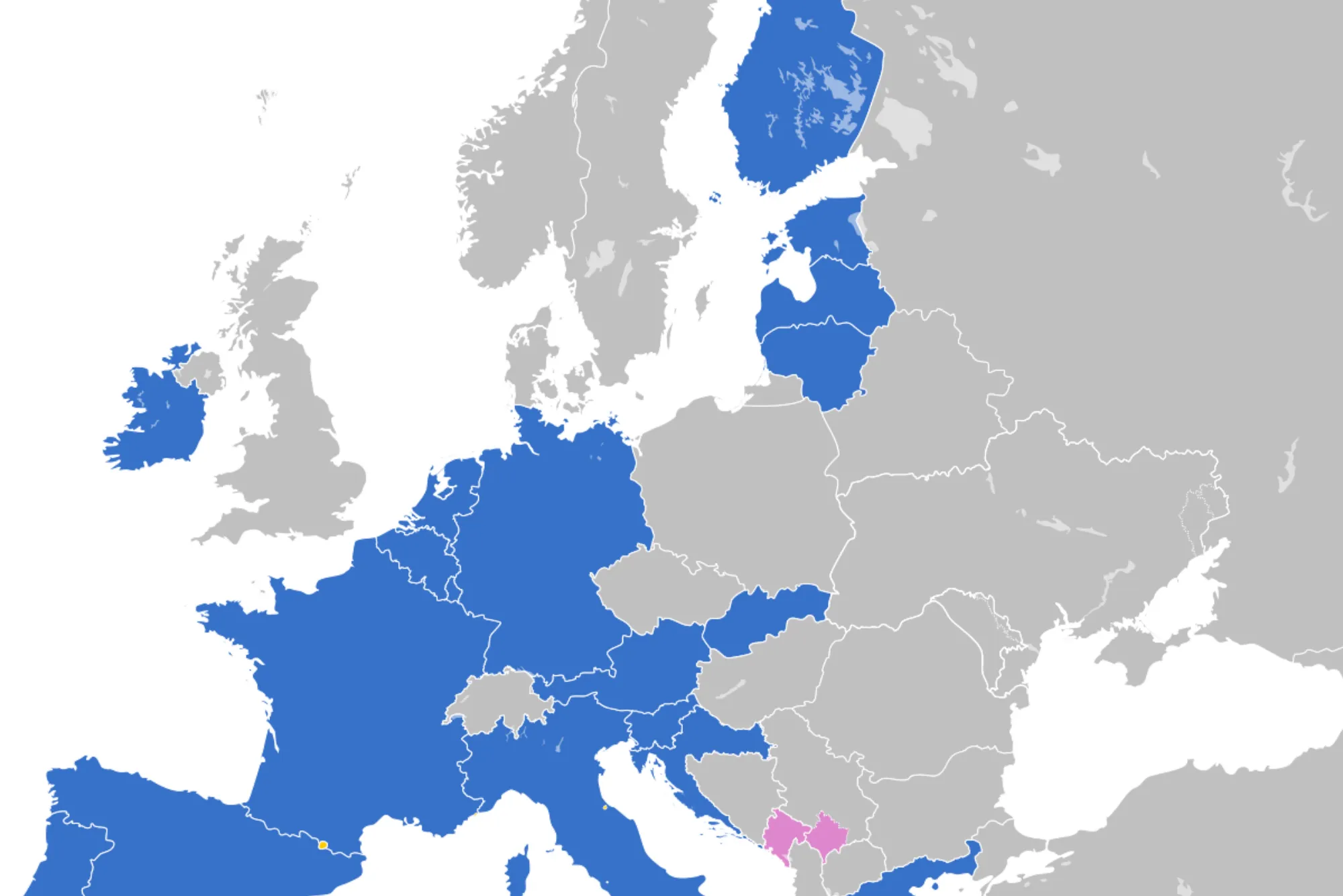In the intricate tapestry of the European Union (EU), the Eurozone stands as a critical thread that binds member countries through a shared currency, the euro. Comprising 19 nations, the Eurozone plays a pivotal role in shaping the economic landscape of the EU and, by extension, the global market. This comprehensive article aims to unravel the complexities surrounding Eurozone member countries, delving into their historical roots, economic significance, and their evolving relationships, with a special focus on the growing ties between the Eurozone and Dubai.
What is the Eurozone?
The Eurozone emerged from the Maastricht Treaty of 1992, a monumental agreement that laid the groundwork for a common currency and unified economic policies among participating EU nations. The primary objective was to foster economic stability, streamline cross-border transactions, and enhance the overall economic integration of member countries.
Evolution of the Eurozone
Early Roots and Formation
The Eurozone’s journey began with the ratification of the Maastricht Treaty, signaling a commitment to deeper economic cooperation. The treaty set out criteria for countries to meet before adopting the euro, emphasizing fiscal responsibility and economic convergence.
Enlargement and Inclusion
Over the years, the Eurozone expanded its membership, integrating nations with diverse economic backgrounds and histories. The inclusion of new members not only strengthened the economic ties within the Eurozone but also posed challenges related to managing the diverse economic landscapes.
Eurozone Member Countries
Core Members
Germany
As the largest economy in the Eurozone, Germany wields considerable influence in shaping economic policies. Its robust manufacturing sector, technological prowess, and export-oriented economy contribute significantly to the overall strength of the Eurozone.
France
France, with its rich cultural heritage and strategic geopolitical position, is a key player in the Eurozone. The country’s contributions to arts, sciences, and diplomacy also shape its economic identity within the EU.
Italy
Italy, known for its historical significance and cultural contributions, adds a unique dimension to the Eurozone. Despite facing economic challenges, Italy remains an integral part of the monetary union.
Southern European Nations
Spain
Spain, with its vibrant culture and diverse economy, plays a crucial role in the Southern European bloc of the Eurozone. The country’s resilience and growth contribute to the overall economic diversity within the union.
Greece
Greece, while navigating economic challenges, remains an essential part of the Eurozone. The nation’s distinct economic characteristics and historical importance contribute to the broader identity of the EU.
Benelux Trio
Belgium
Belgium, along with the Netherlands and Luxembourg, forms the Benelux trio. Together, they contribute to the economic synergy of the Eurozone, with Belgium serving as a significant financial and political center.
Economic Impact and Challenges
Global Influence
The economic policies and decisions of the eurozone dubai reverberate globally, influencing international trade and financial markets. As a collective economic force, the Eurozone has the potential to shape global economic trends and policies.
Challenges and Solutions
However, the Eurozone faces challenges, including economic disparities among member countries. The establishment of institutions like the European Central Bank (ECB) aims to address these challenges, promoting stability and cooperation within the union.
Eurozone and Dubai: Strengthening Ties
Economic Partnerships
Dubai, a global economic hub, has witnessed a strengthening of economic ties with the Eurozone. The strategic partnership has led to increased trade, investment, and collaboration between the Eurozone and Dubai, creating a mutually beneficial economic relationship.
Future Prospects
The future holds promising prospects for further collaboration between the Eurozone and Dubai. As economic interdependence grows, both parties stand to benefit from expanded trade opportunities and shared economic goals.
This exploration of Eurozone member countries offers valuable insights into the economic dynamics of the European Union. The Eurozone’s evolution, challenges, and global influence underscore its significance in the international economic landscape. Furthermore, the growing ties between the Eurozone and Dubai exemplify the interconnected nature of the global economy.










